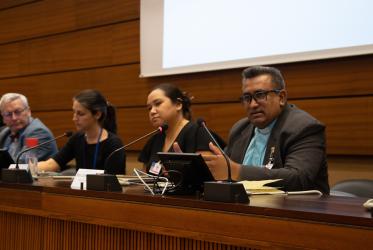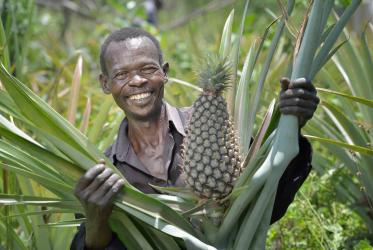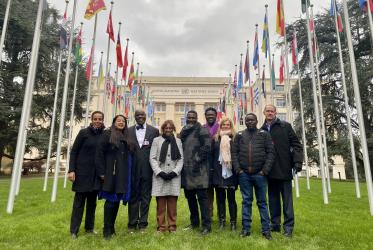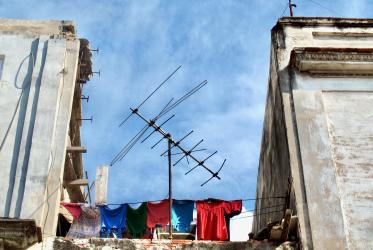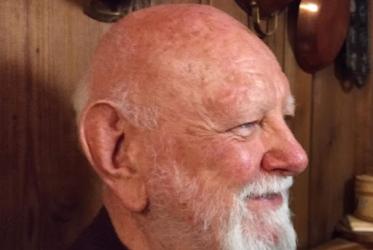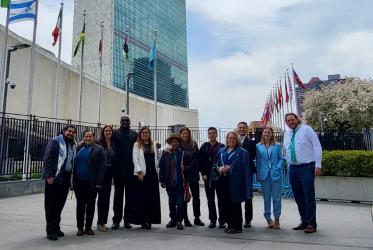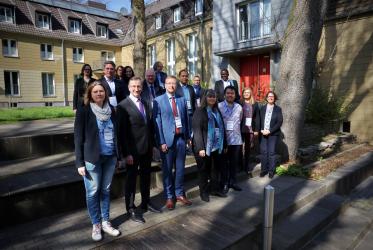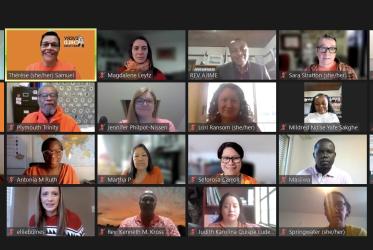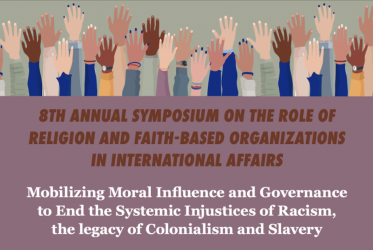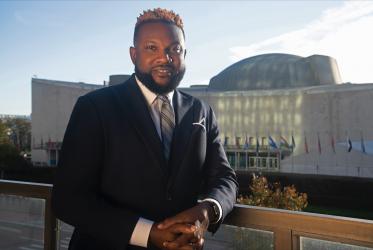Berta Caceres was a well-known land rights defender who led a battle against a large dam on ancestral lands in Honduras. She was shot to death at her home in 2016. Recently the former president of the internationally financed dam company was found guilty over the assassination. Members of the WCC-Ecumenical Water Network (EWN) are worried that violence against activists who are taking a stand against the overexploitation of natural resources, like land and water, is on the rise. Unlike the murder of Berta Caceres, most attacks and killings go unpunished.
21 September 2021


